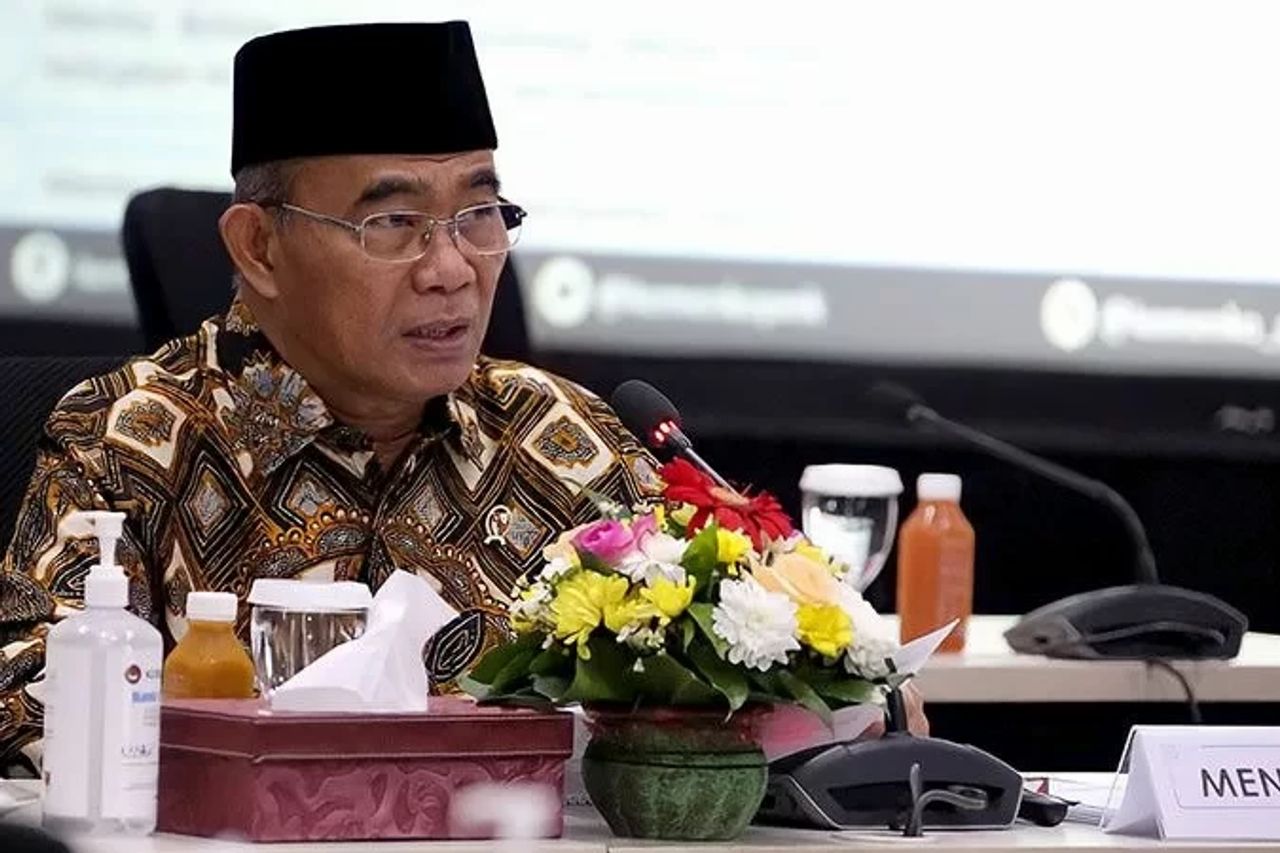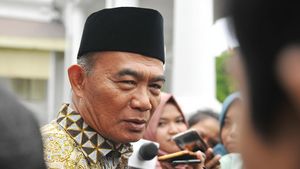Coordinating Minister For Human Development And Culture: More Than 430,000 Mass Organizations In Indonesia Have The Potential To Create Inclusive Democracy

JAKARTA - Coordinating Minister for Human Development and Culture, Muhadjir Effendy, said that there are currently more than 430 thousand community organizations (Ormas) in Indonesia. According to him, the number of mass organizations can be a big asset in realizing an inclusive and effective democracy in Indonesia.
“The Ministry of Home Affairs stated that there are more than 430 thousand mass organizations in Indonesia. Two social organizations (Ormas) namely NU and Muhammadiyah are based on Islam. Both organizations have more than 150 million members. Not to mention when combined with the potential of other mass organizations. We can imagine the enormous potential of mass organizations in collaborating to realize this inclusive and effective democracy", said Muhadjir Effendy at the Indonesian Civil Society Forum 2022 (ICSF 2022) which was held virtually, Wednesday, March 30.
He emphasized that mass organizations will always have a big role in the future of democracy in Indonesia.
“This is what may not exist, is not found in some countries that are now embracing democracy. So the power of civil society, social organizations that are philanthropic in nature, and religious organizations have a very dominant role", said Muhadjir, as reported by Antara.
The role of this social organization, he said, was felt when Indonesia was facing the COVID-19 pandemic.
"As the Coordinating Minister for Human Development and Culture, I dare say that the contribution (for the pandemic, ed) from this social organization is more than 30 percent from the five strategic groups (government, civil society, academia, business, and the media). The role of social organizations, especially the largest mass organizations, namely NU and Muhammadiyah, this portion is approaching 30 percent", said Muhadjir.
In addition, he continued, Indonesia from one side has many advantages.
"Therefore, with the motto Bhinneka Tunggal Ika, we see Indonesia's diversity positively, but we must not close our eyes that there are consequences that must be borne by the conditions of social reality in Indonesia", said the Coordinating Minister for Human Development and Culture.
For example, he continued, Indonesia with 17,000 islands has difficult consequences in building democracy in the country.
"For example, between islands and residents, they are almost identical, it is not easy to mix them up to build an inclusive democracy", he said.
SEE ALSO:
He said that archipelagic countries have their own challenges and special efforts need to be made to truly create a good democracy.
"Therefore, we know that the distribution of the Indonesian population is often identified with the name of the island. Which I think in other countries it may not exist. For example, those who live in Java are called Javanese tribes, those who live in Kalimantan are called Kalimantan tribes, and so on, although there are also sub-tribes in it. But this shows how difficult it is for us to carry out population inclusivity in Indonesia based on ethnic and religious identity. So to mix religions in Indonesia is also a challenge in itself", said Muhadjir.

